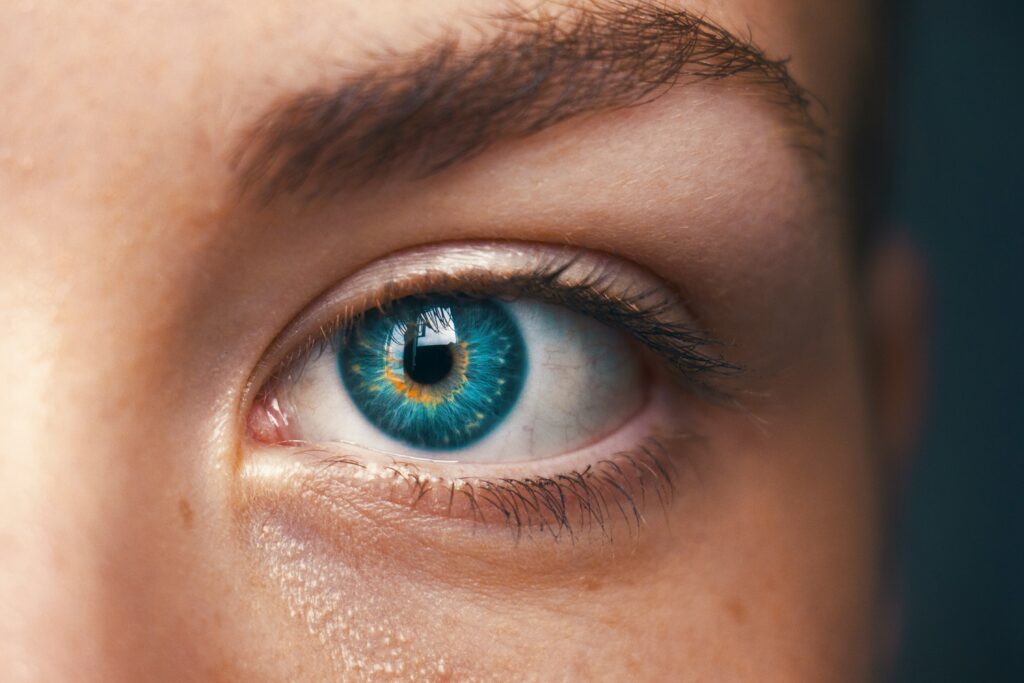Taking care of your eyes is crucial for maintaining good vision and overall eye health. Here are 15 eye care tips for a Healthy Vision to help you maintain optimal eye health and prevent vision problems suggested by Mohit Tandon Illinois:
1. Schedule Regular Eye Exams
Accordingly Mohit Tandon Illinois, Regular eye exams are essential for detecting vision problems, eye diseases, and other issues early on. Adults should have a comprehensive eye exam at least every two years, or as recommended by an eye care professional. Children should have their first eye exam by the age of three, and then regularly as recommended.

2. Follow a Balanced Diet
A balanced diet rich in fruits, vegetables, and whole grains is essential for overall health, including eye health. Foods high in antioxidants, vitamins, and minerals, such as leafy greens, citrus fruits, nuts, and fish, can help reduce the risk of age-related macular degeneration (AMD), cataracts, and other eye conditions.
3. Protect Your Eyes from UV Rays
Exposure to ultraviolet (UV) rays from the sun can increase the risk of eye conditions such as cataracts, AMD, and corneal sunburn. Wear sunglasses that block 100% of UVA and UVB rays whenever you are outdoors, and choose a wide-brimmed hat for added protection.
4. Practice Proper Eye Hygiene
Maintain good eye hygiene by washing your hands regularly, especially before touching your eyes or handling contact lenses. Avoid rubbing your eyes, as this can introduce bacteria and irritants that may lead to infections or other eye issues.
5. Stay Hydrated
Drink plenty of water throughout the day to keep your body and eyes hydrated. Dehydration can cause dry eyes, which may lead to discomfort, redness, and blurred vision. Limiting alcohol and caffeine intake can also help prevent dehydration.
6. Take Regular Breaks from Screens
Extended periods of screen time can cause digital eye strain, characterized by symptoms such as eye fatigue, dryness, and headaches. Follow the 20-20-20 rule: every 20 minutes, look away from your screen and focus on something 20 feet away for at least 20 seconds to reduce eye strain.
7. Practice Proper Contact Lens Care
If you wear contact lenses, follow proper hygiene and care practices to prevent eye infections and complications. Wash your hands before handling lenses, clean and disinfect them as instructed, and replace them as recommended by your eye care professional.
8. Quit Smoking
Smoking increases the risk of several eye conditions, including cataracts, AMD, and optic nerve damage. Quitting smoking can help reduce your risk of developing these conditions and improve overall eye health.
9. Maintain a Healthy Weight
Being overweight or obese can increase the risk of developing conditions such as diabetes and hypertension, which can lead to eye problems like diabetic retinopathy, glaucoma, and AMD. Maintain a healthy weight through regular exercise and a balanced diet to support overall eye health.
10. Wear Eye Protection
Wear appropriate eye protection when participating in activities that pose a risk of eye injury, such as sports, yard work, or home improvement projects. Safety goggles or glasses can help prevent eye injuries and trauma that may lead to vision loss.
11. Manage Chronic Health Conditions
Certain chronic health conditions, such as diabetes, hypertension, and autoimmune diseases, can affect eye health and increase the risk of vision problems. Manage these conditions through regular medical care, medication adherence, and lifestyle modifications to protect your eyesight.
12. Practice Good Sleep Hygiene
Adequate sleep is essential for overall health and well-being, including eye health. Practice good sleep hygiene by maintaining a consistent sleep schedule, creating a relaxing bedtime routine, and ensuring your sleep environment is dark, quiet, and comfortable.

13. Blink Regularly
Blinking helps lubricate the eyes and prevent dryness, particularly during prolonged periods of screen time or in dry indoor environments. Make a conscious effort to blink regularly to keep your eyes moist and comfortable.
14. Know Your Family History
Certain eye conditions, such as glaucoma, AMD, and retinal disorders, can have a genetic component. Knowing your family history of eye diseases can help you understand your risk and take proactive steps to prevent or manage these conditions.
15. Practice Eye Exercises
Mohit Tandon says that Regular eye exercises can help strengthen eye muscles, improve focusing ability, and reduce eye strain. Simple exercises such as eye rolls, focusing on near and distant objects, and palming (covering your eyes with your palms) can be beneficial for maintaining optimal eye health.
By incorporating these comprehensive eye care tips into your daily routine, you can promote good vision, prevent eye problems, and maintain optimal eye health for years to come. Remember to prioritize regular eye exams and consult with an eye care professional if you experience any changes in your vision or eye health.
